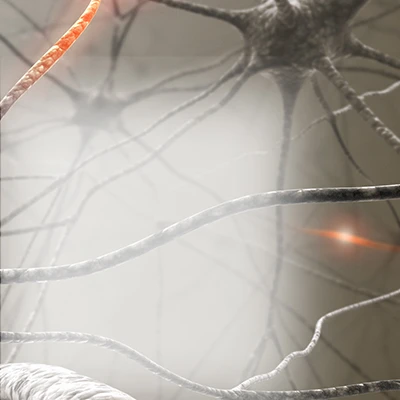Changes to Your Relationship
Changing roles
Join a caregiver support group
It's a safe place to share the feelings, challenges and changes you face with people who understand.
Be prepared for these changes. Locate financial and legal documents, such as life insurance policies, property deeds and retirement accounts, soon after your loved one is diagnosed. Turn to family, friends, professionals or community resources for assistance, as needed.
Learn more: Financial and Legal Planning
Intimacy
You may be feeling enormous grief over the changes in your relationship. You are not selfish for experiencing these feelings. Given your partner's cognitive decline, you may no longer be able to have the same emotional or physical intimacy that you once shared.
It is typical that people with Alzheimer's disease experience changes in their sexual drive. Depression can cause a reduced interest in sex, as well as physical illness and some medications. It's also common for caregivers to lose sexual desire because of the demands of caregiving, the transition from intimate partner to caregiver, and changes in their partner's personality due to the progression of dementia. Do not feel guilty if your sexual attraction to your partner has changed. You can find new ways to connect with each other.
Family and friends
You may feel socially isolated because your family and friends may have pulled back from your relationship or you have little time to spend with them. Your family and friends may hesitate to spend time with you and the person with Alzheimer's because they worry about not knowing what to do or say. They also may not understand the behavior changes caused by the disease or might not be able to accept that the person has the disease.
Take the initiative to contact family and friends and explain that while Alzheimer's disease has changed your lives in some ways, you value their friendship and support. Considering inviting a few friends or family members over. Let them know in advance of any physical or emotional changes in the person with dementia. Provide them suggestions about how to communicate with the person and what activities they might be able to do together.
Learn more: Overcoming Stigma
Related Pages

The Alzheimer’s Association is in your community.
Find Your Local Chapter
Connect with our free, online caregiver community.
Join ALZConnected




